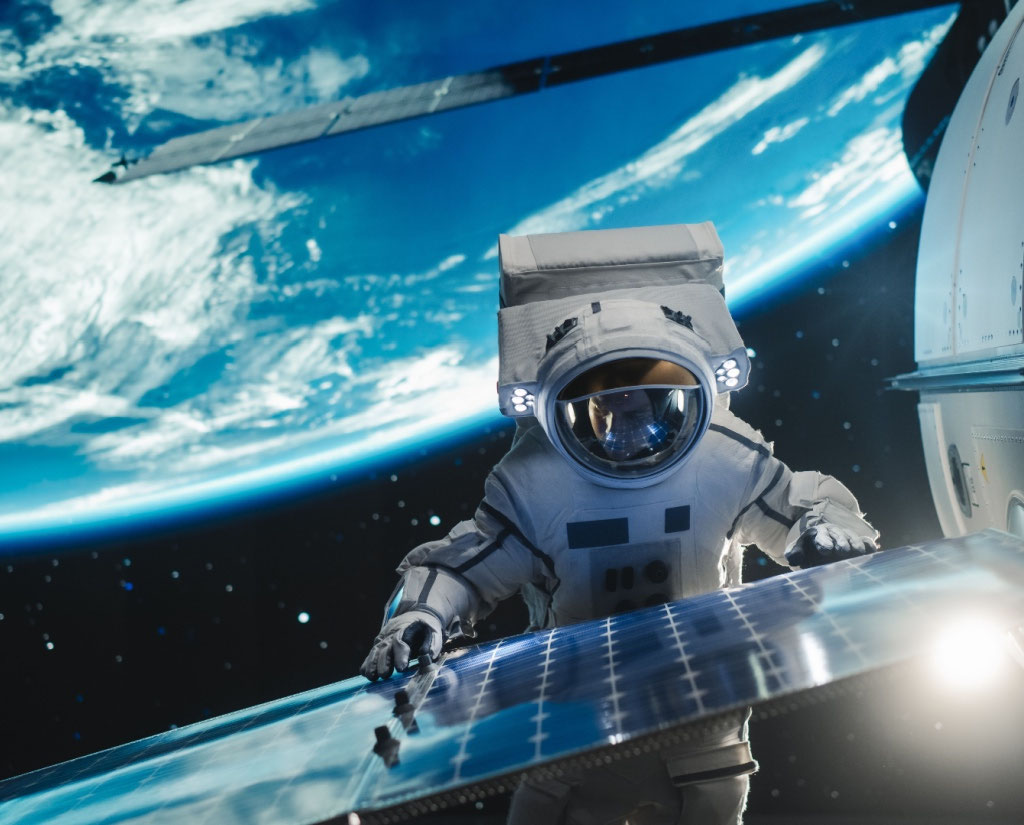
As humanity sets its sights on furthering space exploration, a quiet revolution in medicine is also taking shape - inadvertently not just for astronauts but all of us here on Earth.
Deep space travel is forcing NASA and their partners, like the Translational Research Institute for Space Health (TRISH), to rethink healthcare from the ground up. Spaceflight demands such as radiation exposure, isolation and limited resources means traditional healthcare models just won’t cut it. Instead, NASA is pioneering personalized medicine solutions that are smarter, faster and tailored to each individual.
The impact being what works for space exploration could reshape medicine on Earth as well.
Why Deep Space Travel Needs Improved Healthcare
On these space journeys, no matter the length, there’s no access to a hospital or proper medical care. No emergency response team or specialist just a phone call away. Essentially on top of their space training every astronaut must also become a first responder with support from the tools available to them, not teams.
In order to meet these challenges space health researchers are developing systems that not only treat illnesses, they anticipate and prevent them. This requires ultra personalized healthcare on an individual by individual basis.
Personalized Medicine For Space
At the core of this system is data - collected constantly and analyzed to a tee. Astronauts are monitored in real time using markers and genetic data captured by wearable sensors that track everything from sleep patterns to hormone levels. Once analyzed, this data can detect subtle changes in physiology before symptoms even emerge which enables early intervention.
NASA and TRISH are advancing these data systems with the help of AI. By using AI powered diagnostic systems, data streams are analytics instantaneously with clinical decisions being made on the spot. Essentially, AI doctors, where therefore be able to support with treatment recommendations customized to each and every individual.
What Does That Mean For Us Earthlings?
The advancements made for space health support could provide tremendous benefits on Earth as well. Think of your smart watch tracking your heart rate as you go about your day, that data could potentially be used to alert you of early signs of medical interventions needed - anything from a medication dosage adjustment to a personalized nutrition plan.
Space exploration has always pushed the boundaries as it relates to human capability and healthcare is no exception. What NASA is learning about preparing humans for space exploration is so much more than simply survival - it’s prevention and personalization that we can implement into the average Joe’s day to day.
Take a look at NASA’s MUREP Partnership Learning Annual Notification. They've called for research proposals that fall within the scope of topics outlined in this year's directorate, one being space operations. You can learn more about their mission and how it inadvertently benefits the healthcare system by visiting the challenge page linked above.








